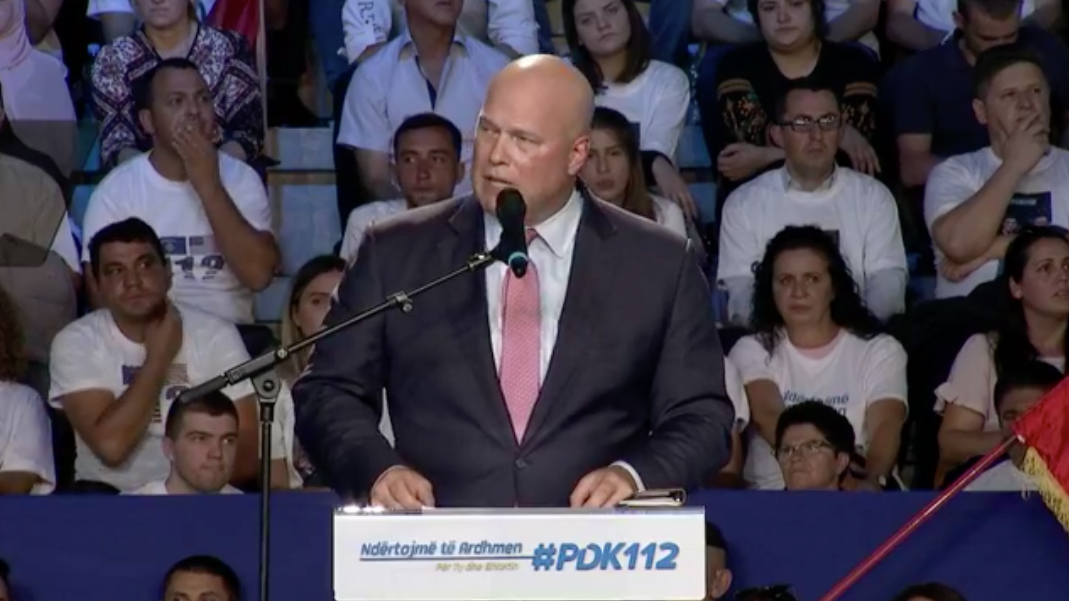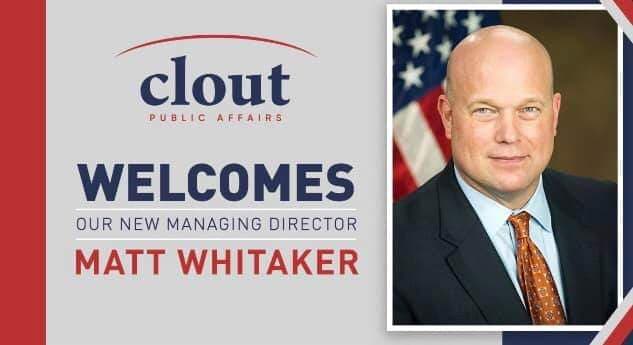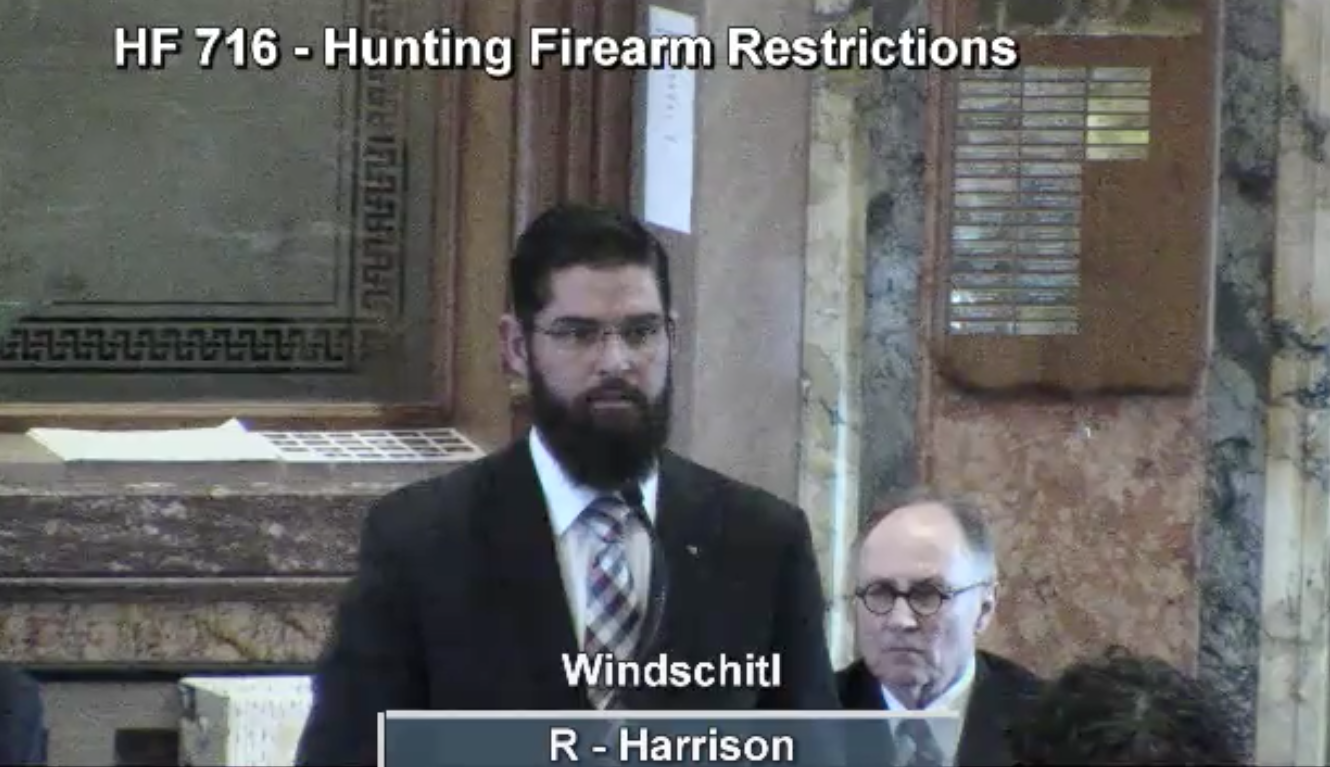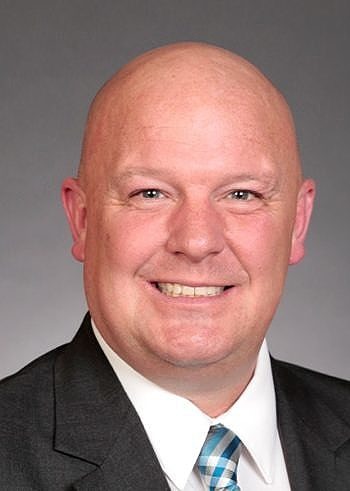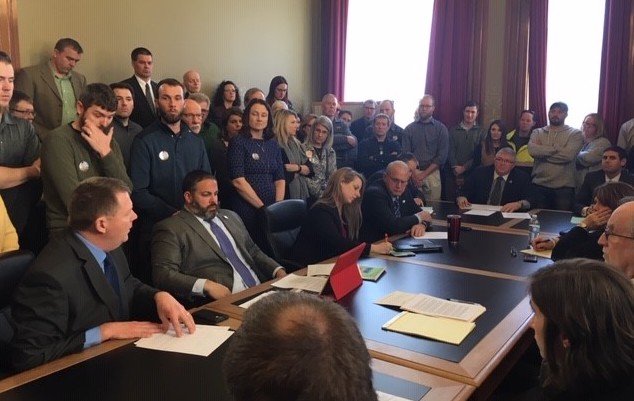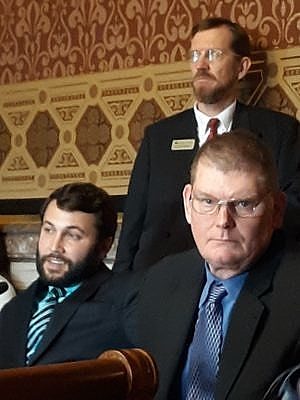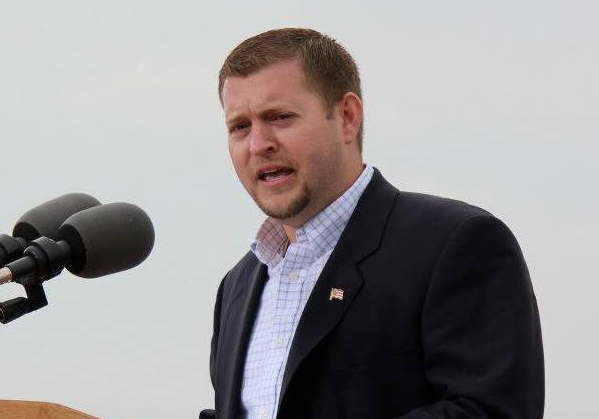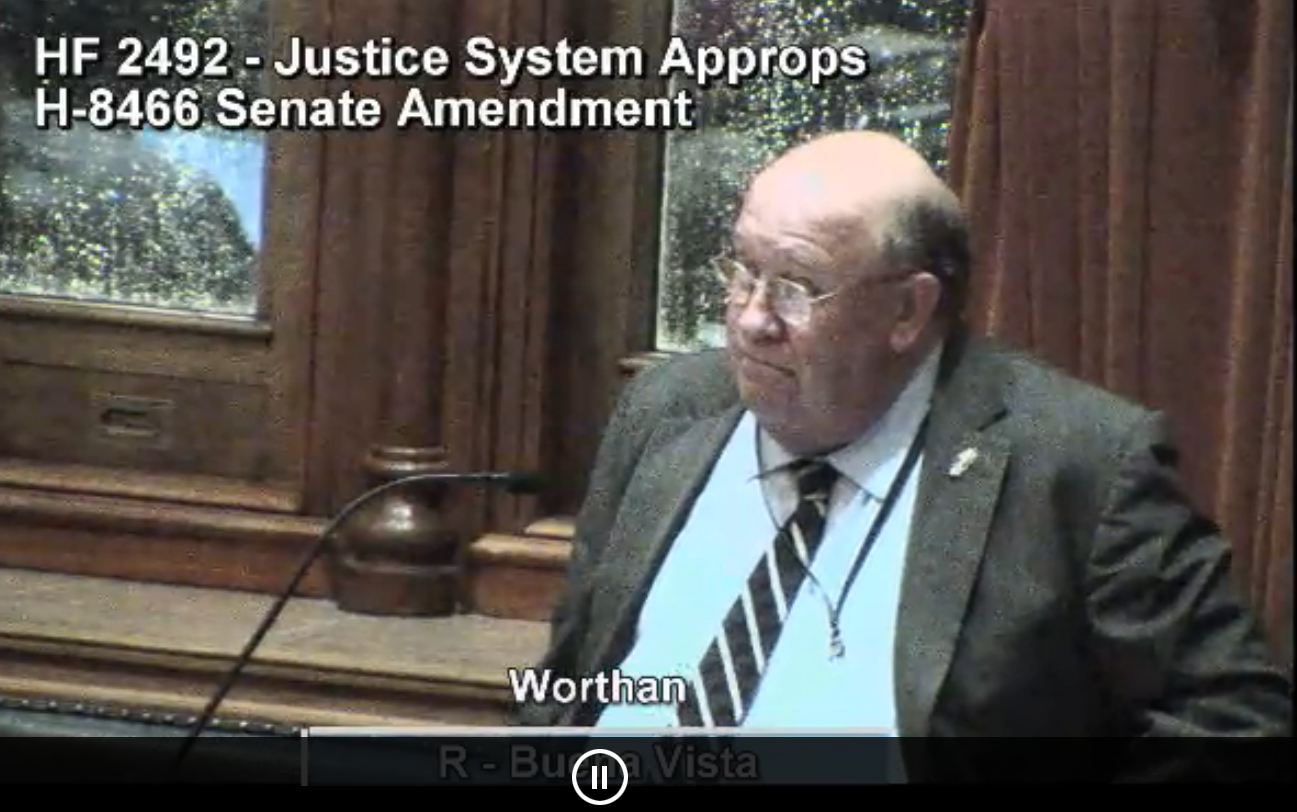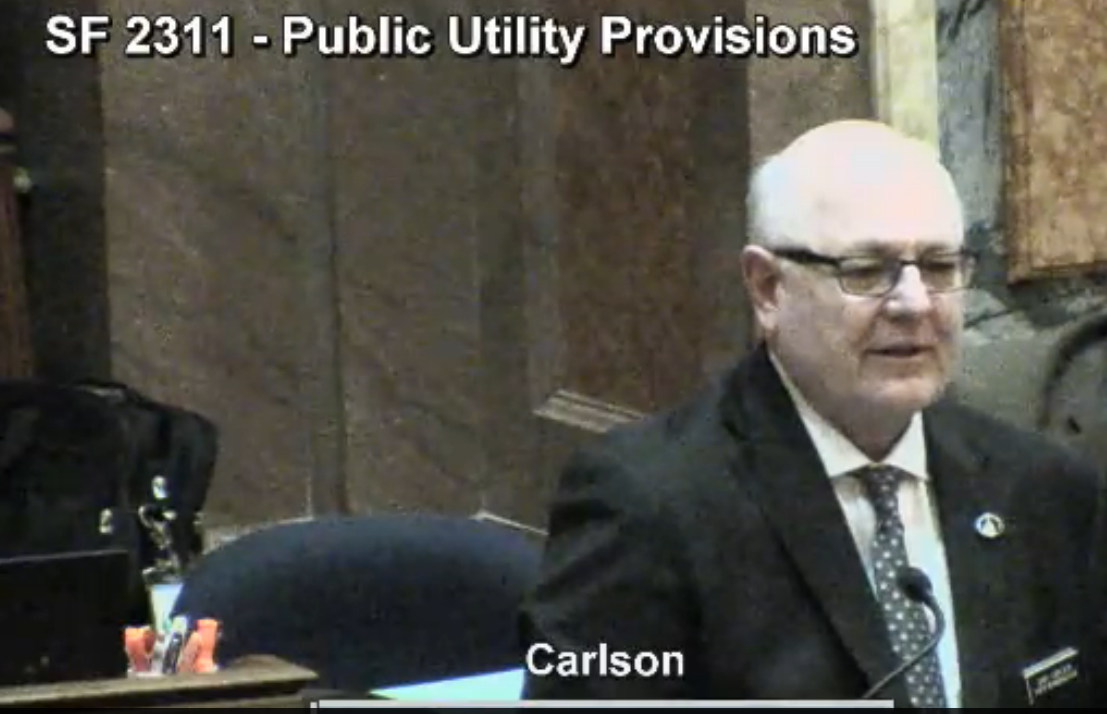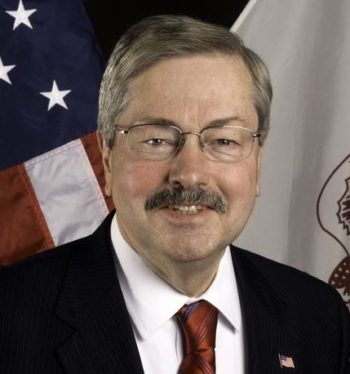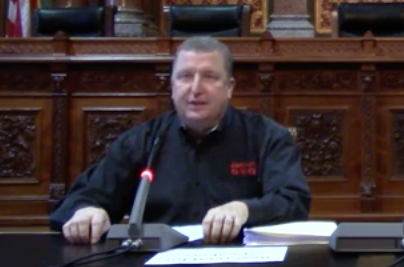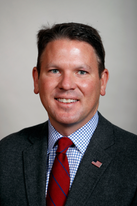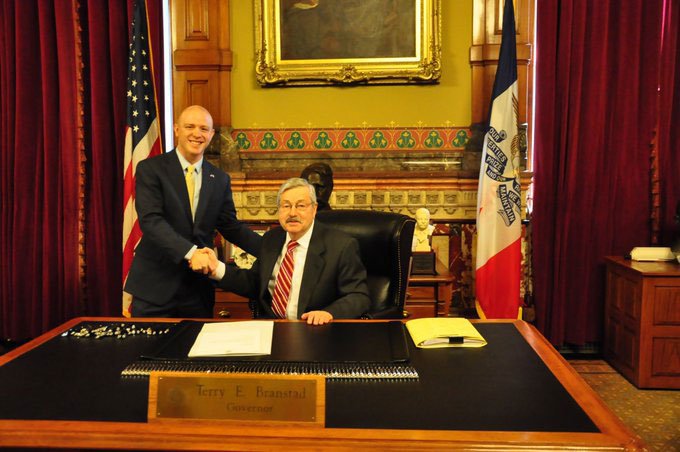The Iowa legislature’s second “funnel” deadline passed on March 31. In theory, aside from appropriations bills, any legislation that hasn’t yet cleared one chamber and at least one committee in the other chamber is no longer eligible for consideration for this year. However, leaders can resurrect “dead” bills late in the session or include their provisions in appropriations bills. The Des Moines Register’s William Petroski and Brianne Pfannenstiel reviewed important bills that did or did not make it through the funnel. James Q. Lynch and Rod Boshart published a longer list in the Cedar Rapids Gazette.
This paragraph caught my eye from the Register’s story.
Senate Majority Leader Bill Dix, R-Shell Rock, said everything that lawmakers are doing is a reflection of learning from states where prosperity is occurring as a result of business-friendly policies. That formula includes low-cost government, innovative public services, and easing regulatory burdens on businesses to spur job creation and to allow Iowa companies to compete in a global marketplace, he added.
Not so much: Republicans following a similar playbook drove Kansas and Louisiana into the ground. Wisconsin has performed poorly in employment growth, poverty reduction, household income, and wages compared to neighboring Minnesota, where corporate interests didn’t capture state government.
This is an open thread: all topics welcome. I enclose below links and clips about bills I haven’t had time to write about yet. Two are “business-friendly” policies that will hurt Iowans suffering because of exposure to asbestos or medical malpractice. One would make local governments and first responders less accountable by excluding all “audio, video and transcripts of 911 calls involving injured victims of crimes or accidents” from Iowa’s open records law.
Quick update on House File 484, the bill to dismantle the Des Moines Water Works: once seen as almost a sure thing due to covert support from the Iowa Farm Bureau, the bill was on the House debate calendar for many days in March but never brought to the floor. Majority Leader Chris Hagenow put House File 484 on the “unfinished business” calendar on March 30, after House Republicans voted down a Democratic motion to exclude it from that list.
Opponents of the Water Works bill have become more confident lately, as several GOP representatives and senators have said privately they oppose the legislation. In addition, a Harper Polling survey commissioned by the Water Works showed that 68 percent of respondents oppose disbanding independent water works boards in Des Moines, West Des Moines, and Urbandale in order to give city councils control over the water utility. The same poll indicated that by a 55 percent to 23 percent margin, respondents said an independent board of trustees rather than the city council is “best qualified to manage your local water utility.” By an 88 percent to 5 percent margin, respondents said “people who live in the community” and not the state legislature should have “the final say” on municipal utilities. No one should be complacent, because powerful forces are behind this legislation. Republican leaders could attach Water Works language to must-pass budget bills.
P.S.- The legislature is supposed to wrap up its business this month and adjourn for the year before the end of April. I suspect that even with unified Republican control, the session will go into overtime. Lawmakers haven’t finalized budget targets for the 2018 fiscal year yet. With less money to go around following the recent downgrade in revenue forecasts, and legislators of both parties calling for a review of increasingly expensive tax credits and exemptions, I expect several more weeks of behind the scenes negotiations before the House and Senate are ready to approve appropriations bills.
Continue Reading...






